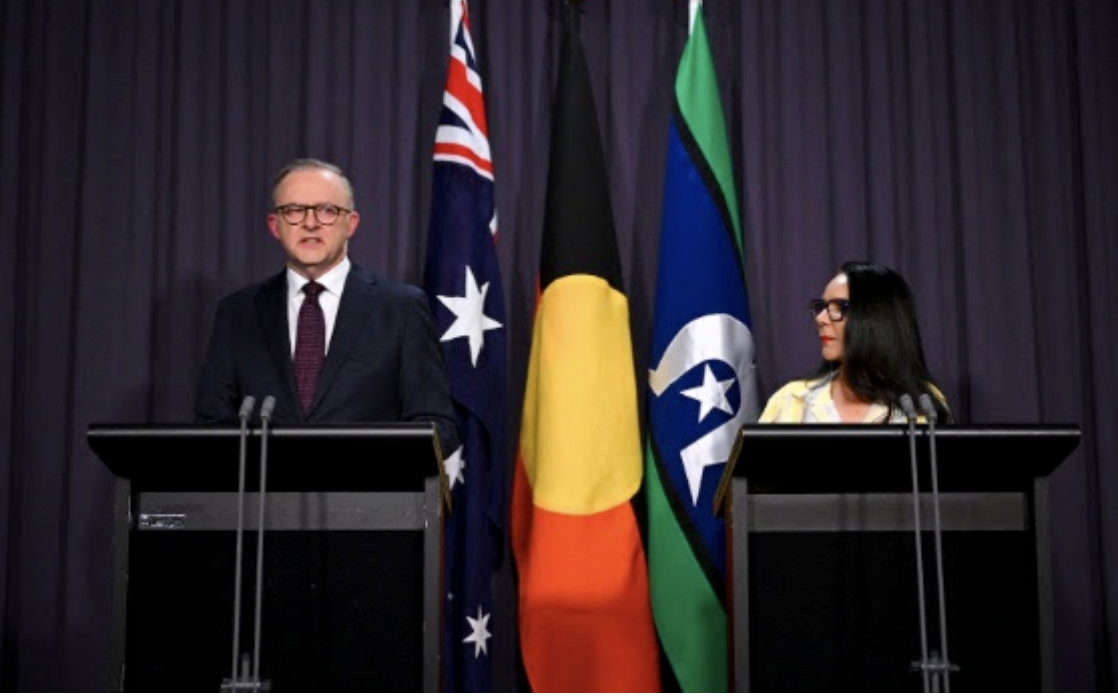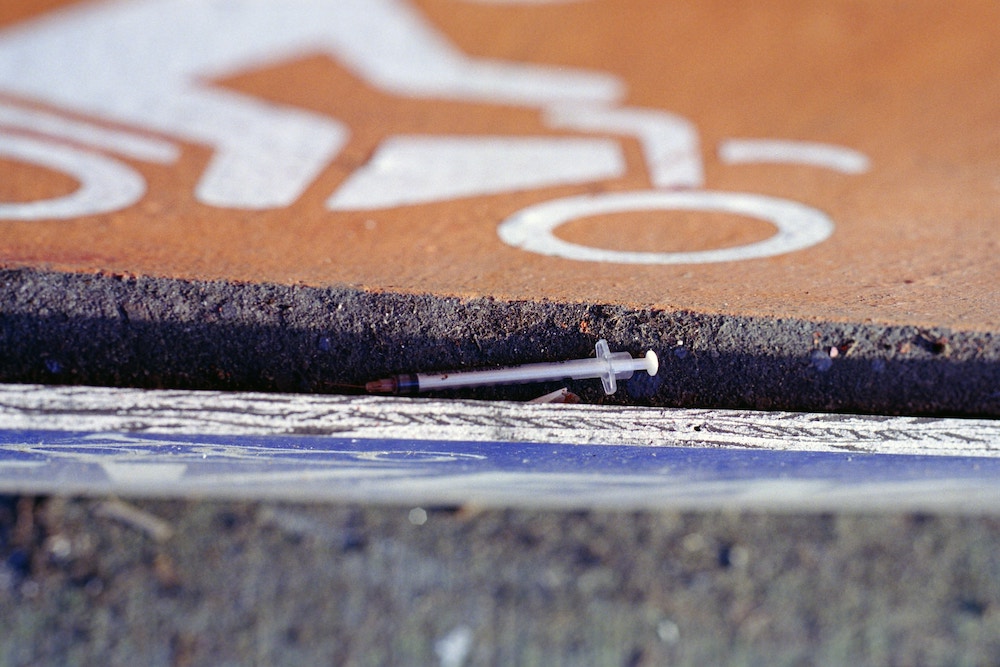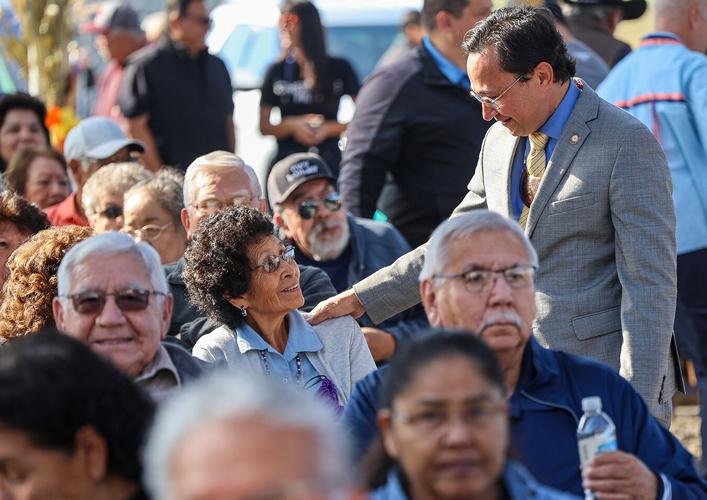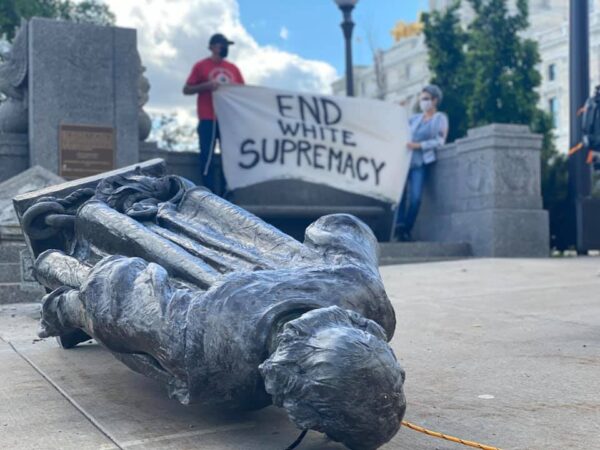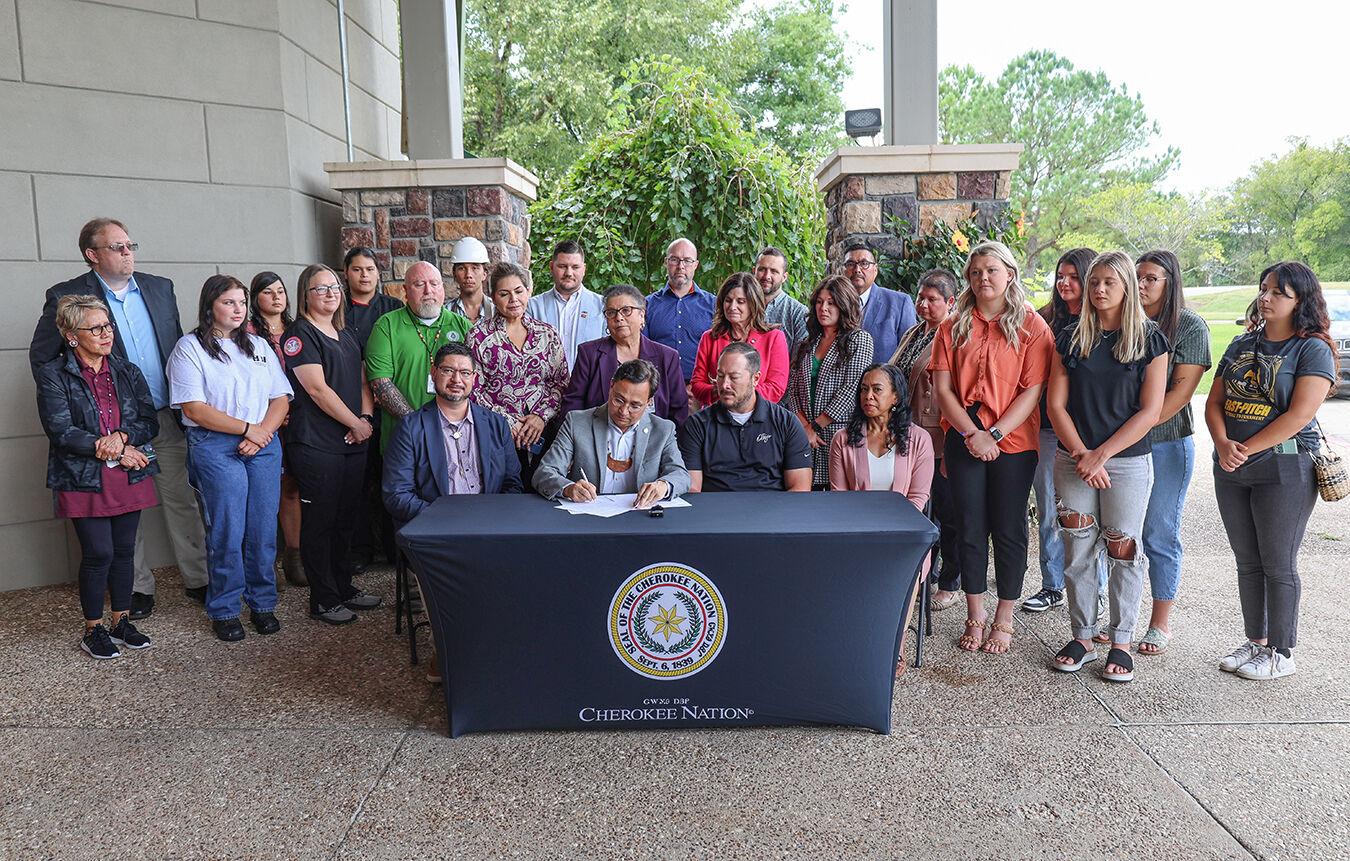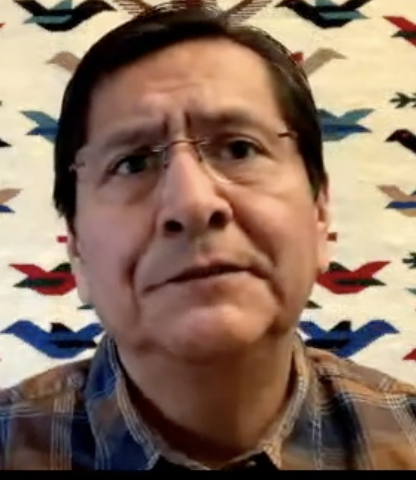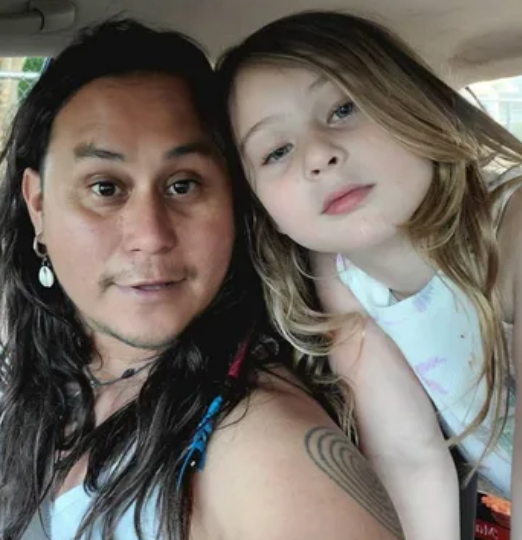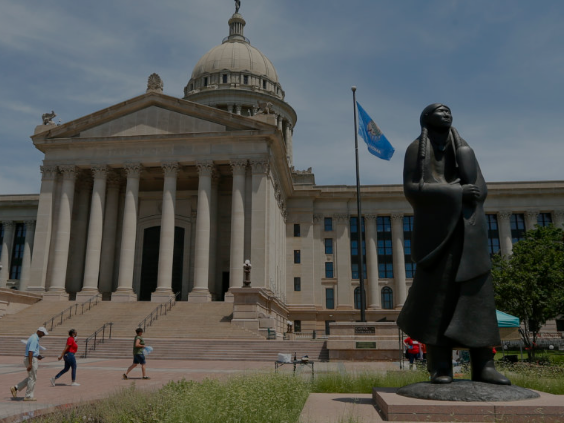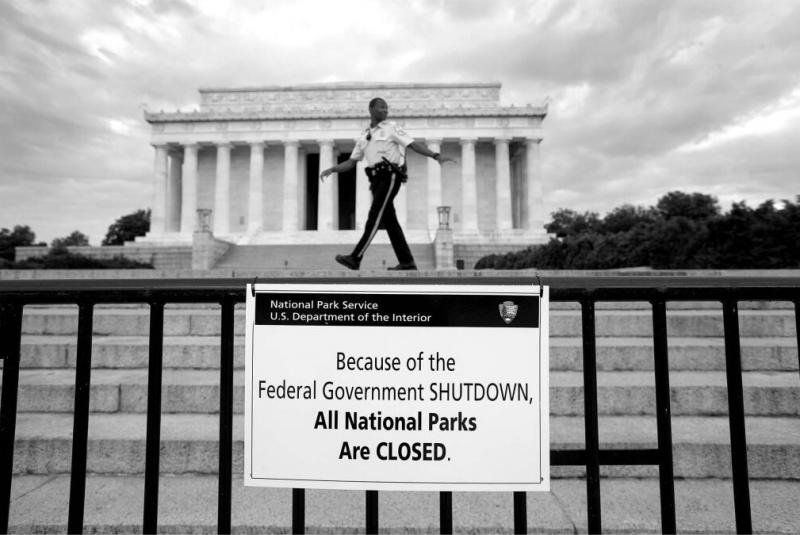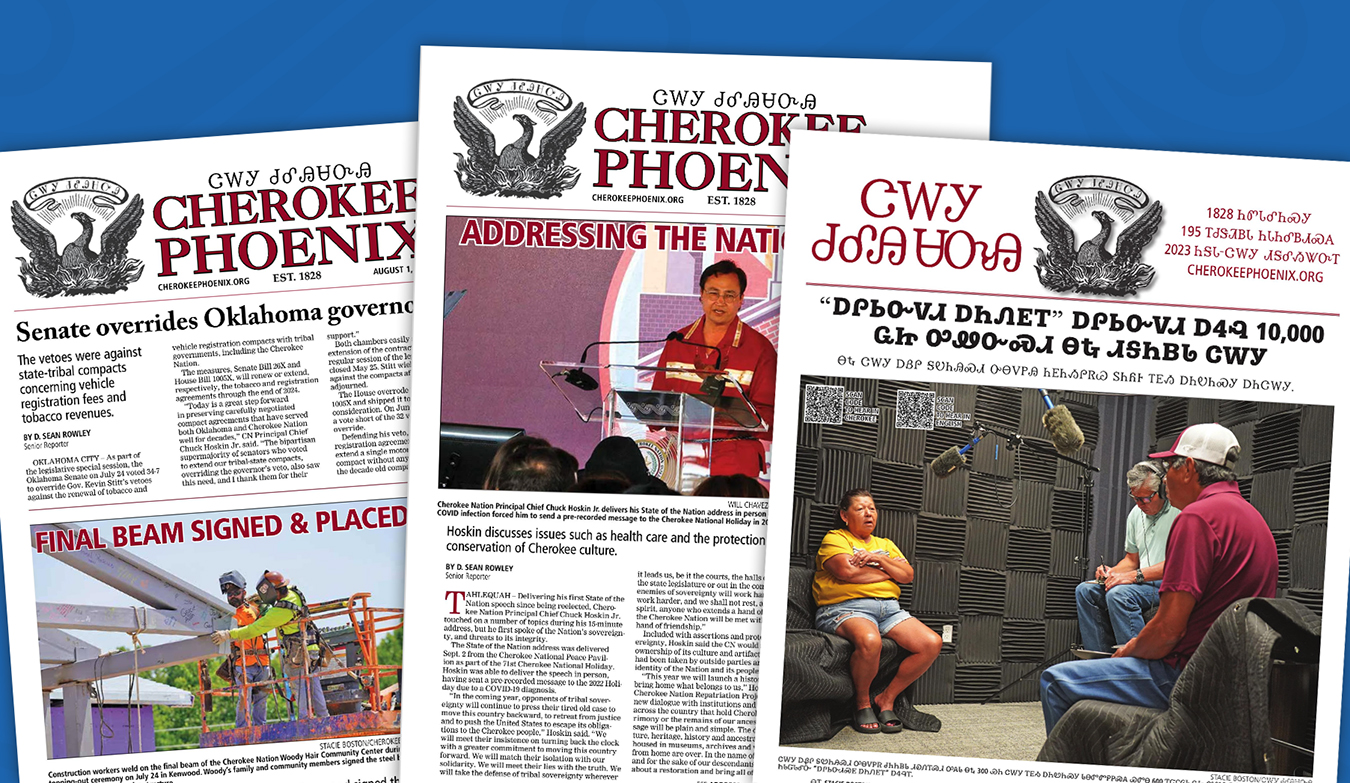Opinion
- Type: Default
- Ad Visibility: Show Article Ads
- Reader Survey Question: No Question
- Video Poster: https://nativenewsonline.net/images/10_Years_Logo.png
Guest Opinion. Last weekend, as news channels and social media were inundated with tragic reports out of Gaza, Australia’s electorate voted down a key referendum of vital concern to Indigenous Peoples the world over. The referendum would have created a national advisory board to counsel parliament on Indigenous issues, but 60 percent of the Australian electorate rejected what could have been an important advancement for Indigenous representation at the highest levels of government.
- Details
- By Phyllis Young
- Type: Default
- Ad Visibility: Show Article Ads
- Reader Survey Question: No Question
- Video Poster: https://nativenewsonline.net/images/10_Years_Logo.png
Opinion. The Lummi people are the original inhabitants of Washington’s northernmost region where the state meets the southern part of British Columbia, Canada. With views of mountains as backdrops, the Lummi Nation’s 20,000-acre reservation is located near Bellingham, Washington along the northern edge of the Puget Sound.
- Details
- By Levi Rickert
- Type: Default
- Ad Visibility: Show Article Ads
- Reader Survey Question: No Question
- Video Poster: https://nativenewsonline.net/images/10_Years_Logo.png
Guest Opinion. Four years ago, the Durbin Feeling Language Preservation Act launched Cherokee Nation on a historic journey to preserving and perpetuating the Cherokee language. Language has always been essential to our culture as Cherokee people, as it serves as the unbroken chain connecting us to our ancestors. We cannot afford to let that chain ever be severed.
- Details
- By Chuck Hoskin Jr
- Type: Default
- Ad Visibility: Show Article Ads
- Reader Survey Question: No Question
- Video Poster: https://nativenewsonline.net/images/10_Years_Logo.png
Opinion. On Monday we celebrate Indigenous Peoples’ Day in the United States. Well, some of us do.
- Details
- By Levi Rickert
- Type: Default
- Ad Visibility: Show Article Ads
- Reader Survey Question: No Question
- Video Poster: https://nativenewsonline.net/images/10_Years_Logo.png
Guest Opinion. The Cherokee Nation is blessed to include hundreds of thousands of individuals with great talents, potential and goals for their future. Our strength as a tribe is built on supporting each other to achieve these goals. That’s true today, just as it has been true throughout our history as a people.
- Details
- By Chuck Hoskin Jr
- Type: Headshot
- Ad Visibility: Show Article Ads
- Reader Survey Question: No Question
- Video Poster: https://nativenewsonline.net/images/10_Years_Logo.png
Guest Opinion. Forcing Indigenous children into boarding schools was a destructive policy implemented by the federal government that had long-term consequences causing multigenerational trauma. But it was not the only policy that wreaked havoc on Native Americans. Over decades, the government also forcibly changed the traditional dietary practices of Indigenous people, particularly the Three Sisters—beans, corn, and squash—to one that was unrecognizable and unhealthful. This injustice has contributed to the higher rates of obesity, diabetes, liver disease, and other ailments facing Native Americans today.
- Details
- By Jonathan Nez
- Type: Default
- Ad Visibility: Show Article Ads
- Reader Survey Question: No Question
- Video Poster: https://nativenewsonline.net/images/10_Years_Logo.png
Opinion. In 1599, Juan de Oñate, a Spanish conquistador who became New Mexico’s first colonial governor, committed atrocities against the Acoma Pueblo people. During his reign, the Spaniard directed the murder of nearly 1,000 Native people, enslaved Indigenous women, and ordered the amputation of 80 tribal men’s right feet.
- Details
- By Levi Rickert
- Type: Default
- Ad Visibility: Show Article Ads
- Reader Survey Question: No Question
- Video Poster: https://nativenewsonline.net/images/10_Years_Logo.png
Guest Opinion. As Principal Chief of the Cherokee Nation, I highly value the many partners ready to work with us in Oklahoma, both tribal citizens and non-tribal. Although a few have tried to destroy tribal sovereignty and reject collaboration with tribes, I have long suspected that position is unpopular among all four million Oklahomans.
- Details
- By Chuck Hoskin Jr
- Type: Default
- Ad Visibility: Show Article Ads
- Reader Survey Question: No Question
- Video Poster: https://nativenewsonline.net/images/10_Years_Logo.png
Opinion. Fueled by the demands of hard-right House Republicans, the federal government appears to be heading towards a shutdown at the end of the month, which marks the end of the federal government’s fiscal year.
- Details
- By Levi Rickert
- Type: Default
- Ad Visibility: Show Article Ads
- Reader Survey Question: No Question
- Video Poster: https://nativenewsonline.net/images/10_Years_Logo.png
Guest Opinion. Cherokee leaders throughout history have known that informed citizens are the backbone of our thriving democracy. Well-executed journalism strengthens tribal sovereignty and self-determination by ensuring that our government remains accountable and transparent. That is as true today as it was when the Cherokee Phoenix first began publishing nearly 200 years ago.
- Details
- By Chuck Hoskin Jr

